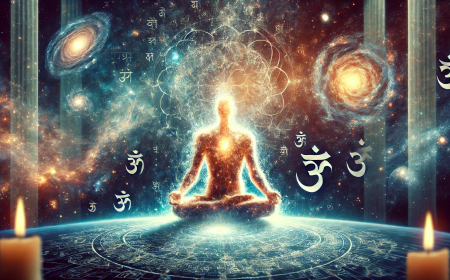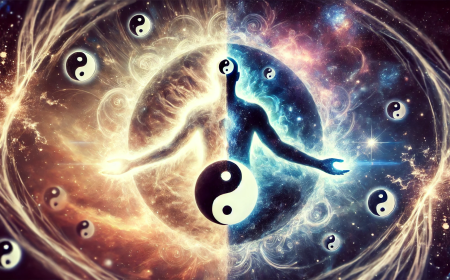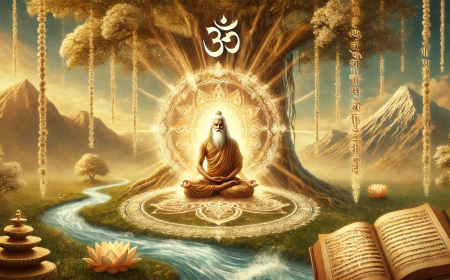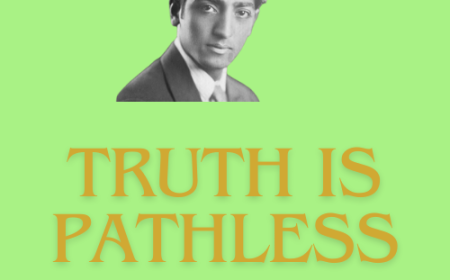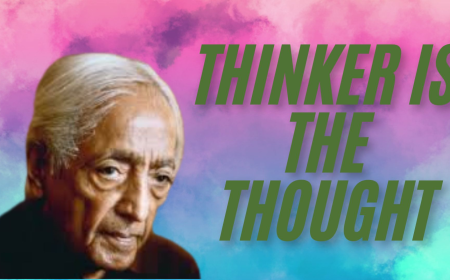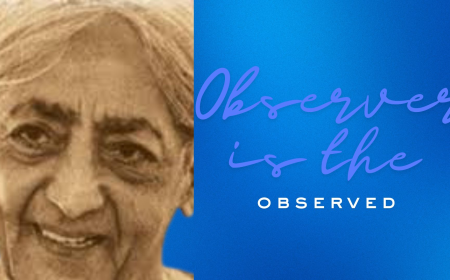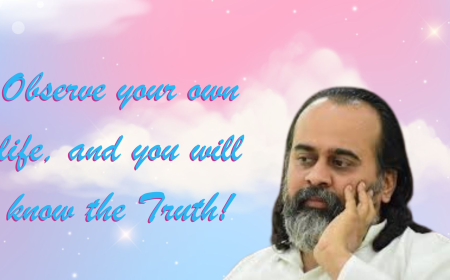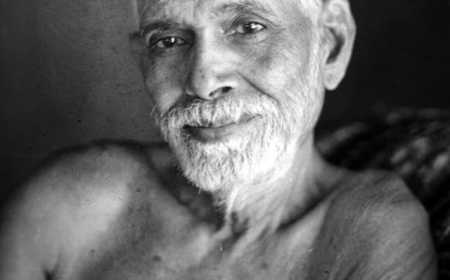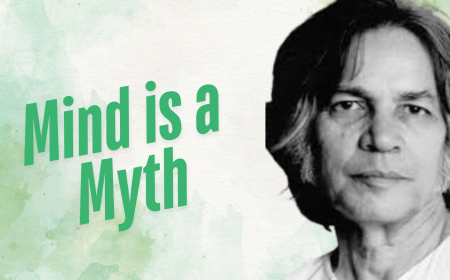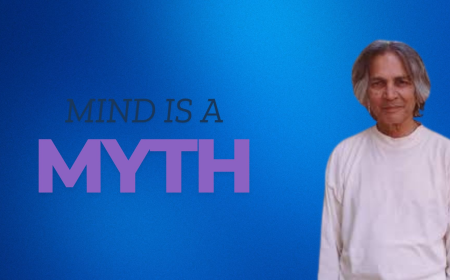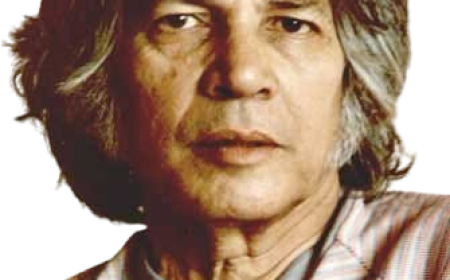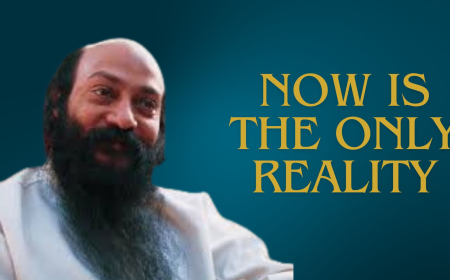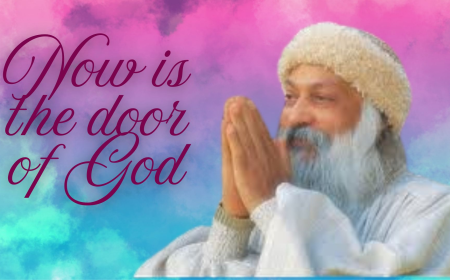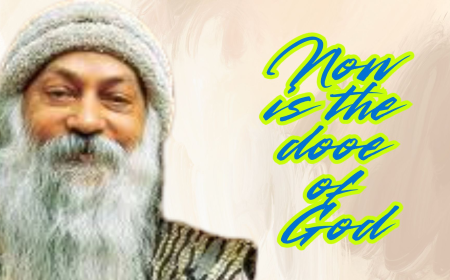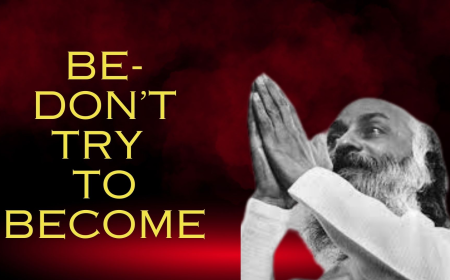J Krishnmurti: Choiceless Awareness
Krishnamurti emphasized that choiceless awareness is not a technique or practice but a natural state of being. It requires letting go of the ego, which constantly evaluates, compares, and judges. By observing without choice, one can see reality as it is, free from the distortions of the mind.
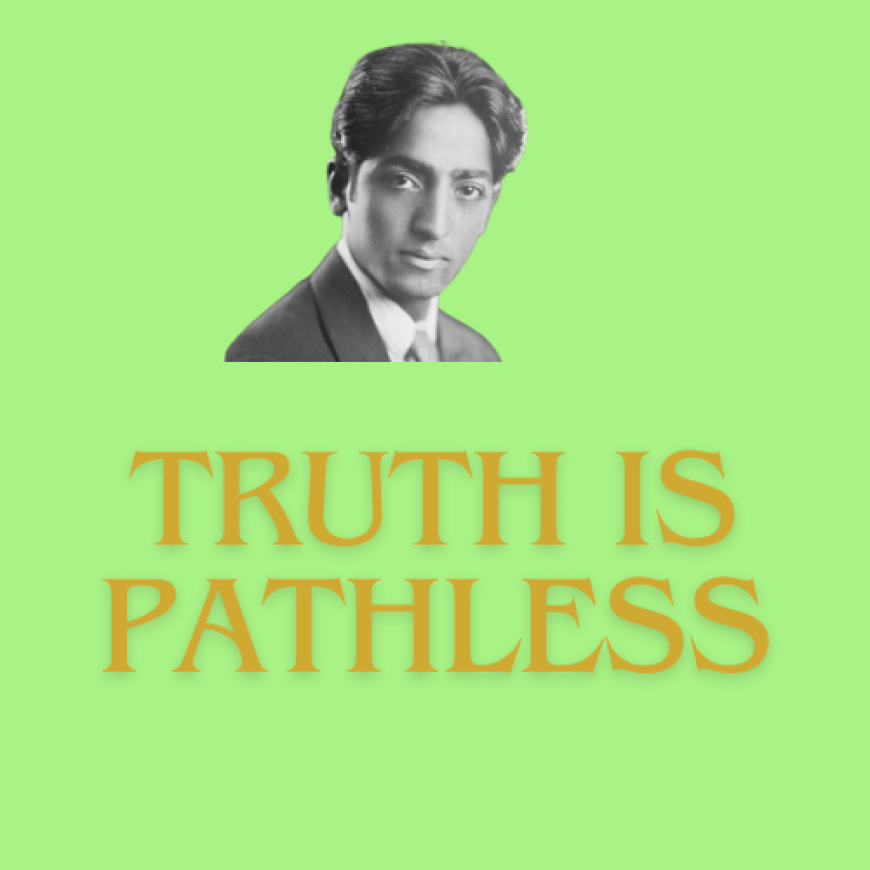
1. What Does Krishnamurti Mean by Choiceless Awareness?
Choiceless awareness is a central concept in Jiddu Krishnamurti's teachings. It refers to a state of mind where one observes thoughts, emotions, and sensations without judgment, preference, or interference. Unlike selective awareness, which involves focusing on specific aspects of experience, choiceless awareness is about being fully present and open to everything as it is, without trying to change or control it.
Krishnamurti emphasized that choiceless awareness is not a technique or practice but a natural state of being. It requires letting go of the ego, which constantly evaluates, compares, and judges. By observing without choice, one can see reality as it is, free from the distortions of the mind.
2. How Does Krishnamurti Explain the Observer and the Observed?
Krishnamurti challenged the traditional notion of the observer (the self) and the observed (the object of perception). He argued that the division between the two is an illusion created by the mind. In reality, the observer is the observed.
For example, when you observe anger, the anger is not separate from you—it is part of your consciousness. The moment you label or judge the anger, you create a division between yourself and the emotion. Krishnamurti taught that true awareness dissolves this separation, allowing you to see that the observer and the observed are one. This realization leads to a profound transformation in how you perceive yourself and the world.
3. What is the Difference Between Awareness and Thought According to Krishnamurti?
Krishnamurti made a clear distinction between awareness and thought:
-
Awareness is a state of pure observation, free from the interference of thought. It is immediate, direct, and non-verbal. In awareness, there is no analysis, judgment, or interpretation—just a clear seeing of what is.
-
Thought, on the other hand, is the activity of the mind. It involves memory, analysis, and the constant chatter of the ego. While thought is useful for practical tasks, Krishnamurti believed it often distorts reality by projecting past experiences and conditioning onto the present.
According to Krishnamurti, thought cannot lead to true understanding because it is always fragmented and limited. Awareness, however, allows you to see the whole, free from the constraints of thought.
4. How to Practice Krishnamurti's Awareness in Daily Life?
Practicing Krishnamurti's awareness in daily life involves cultivating a state of choiceless observation. Here are some steps to incorporate it into your routine:
-
Observe Without Judgment: Pay attention to your thoughts, emotions, and sensations without labeling them as good or bad. Simply watch them as they arise and pass.
-
Be Fully Present: Engage fully with whatever you are doing—whether it’s eating, walking, or talking. Notice the details of your experience without getting lost in thought.
-
Let Go of Control: Resist the urge to change or manipulate your experience. Accept things as they are, even if they are uncomfortable.
-
Question Your Conditioning: Observe how your past experiences and beliefs shape your perceptions. Ask yourself, "Why do I think this way?" or "What is the root of this reaction?"
-
Practice Silence: Spend time in silence, free from distractions. This helps you connect with the deeper layers of your consciousness.
5. What Are the Benefits of Krishnamurti's Awareness?
Krishnamurti's awareness offers several profound benefits:
-
Freedom from Conditioning: By observing your thoughts and emotions without judgment, you can break free from the patterns of conditioning that limit your perception.
-
Inner Peace: Choiceless awareness reduces mental chatter and emotional turmoil, leading to a sense of calm and clarity.
-
Deeper Understanding: Seeing reality as it is, without the distortions of thought, allows for a more profound understanding of yourself and the world.
-
Transformation: Awareness can lead to a fundamental shift in consciousness, freeing you from fear, conflict, and suffering.
6. How Does Krishnamurti's Awareness Relate to Meditation?
Krishnamurti's concept of awareness is closely related to meditation, but it differs from traditional forms of meditation that involve techniques or practices. For Krishnamurti, true meditation is the natural state of choiceless awareness. It is not something you do but something that happens when the mind is quiet and free from effort.
In this state, there is no focus on a mantra, breath, or object. Instead, there is a total openness to the present moment. Krishnamurti believed that this kind of meditation leads to self-discovery and the realization of truth.
7. What is the Role of Attention in Krishnamurti's Awareness?
Attention is a key element in Krishnamurti's awareness. It is the act of giving your complete focus to the present moment, without distraction or division. Unlike concentration, which narrows the mind to a single point, attention is expansive and inclusive.
Krishnamurti taught that attention reveals the truth of what is. When you pay full attention to your thoughts, emotions, and sensations, you see them clearly, without the interference of the ego. This clarity leads to understanding and transformation.
Attention also dissolves the division between the observer and the observed. In true attention, there is no "you" paying attention—there is only attention itself. This state of pure attention is the essence of Krishnamurti's awareness.
Summary
Krishnamurti's teachings on awareness invite us to see reality as it is, free from the distortions of thought and conditioning. By practicing choiceless awareness, dissolving the division between the observer and the observed, and cultivating attention, we can achieve inner peace, freedom, and a deeper understanding of ourselves and the world. These insights are not just philosophical ideas but practical tools for living a more conscious and fulfilling life.
What's Your Reaction?







